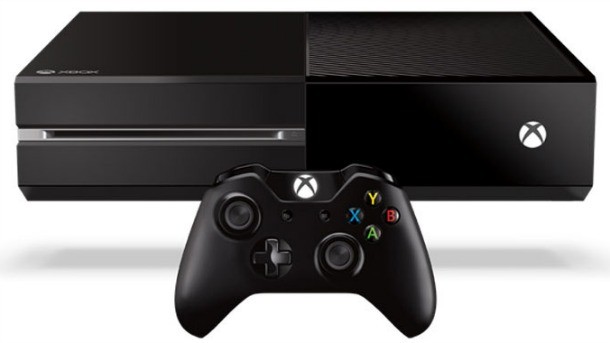Please support Game Informer. Print magazine subscriptions are less than $2 per issue
The New Identity Of The Xbox One

Microsoft and its Xbox One have gone through a number of changes since the system was revealed in May of last year. From dropping Kinect and changing leadership, to recently shutting down its TV production plans and a report of cuts for its European staff, the console is being redefined seemingly every day. Amidst all this chaos, however, the Xbox One still has a core identity that it can hang its hat on and build off of for the future.
There's no doubt that events for the Xbox One haven't gone as Microsoft originally scripted them. However, this is a chance to re-focus what the system is all about and what it can do best.
Xbox Live

Microsoft's online service was a key differentiator in the last generation, and will continue to be a strong foundation for the Xbox One. Monthly updates have not only popped in features that were not available at launch, but have allowed Microsoft to add new features – including fan requests. In the past, Microsoft has used Live to overhaul the Xbox 360's dashboard (and avatars), start the Games with Gold program, and host important apps like Netflix, Hulu Plus, and HBO Go. Microsoft has bet on online functionality since its first console, and the area will continue to be an important way to differentiate itself – especially as Sony and Nintendo grow their services.
In general, the console will continue to evolve. The de-emphasis on the Kinect has enabled developers to access extra GPU power via a June update and enable the system to hit 1080p visuals for titles like Destiny and Sunset Overdrive. Microsoft Xbox head Phil Spencer has also said that the system's use of the cloud will allow games like Crackdown to do more with in-game destruction.
Indie Games

Microsoft hasn't made good on its promise to allow developers to turn retail units into dev kits (thus saving studios money), but the company's consoles have always hosted good indie titles like Braid and Limbo (remember Summer of Arcade?), and the Xbox One hopes to continue a good record with hopefuls Below (above), Cuphead, Ori and the Blind Forest, and more. Microsoft's ID@Xbox indie program allows developers to self-publish their titles among other benefits, and should hopefully pave the way for the next indie hit on the system.
Microsoft Studios

During the middle-to-end of the Xbox 360's lifespan, Microsoft's first-party structure went through a transition, letting Bungie go and closing down studios like Ensemble. Microsoft's first-party studios as a whole aren't as strong as Sony's, but it looks like Microsoft is trying to stabilize the situation for the Xbox One. It's gotten control of foundational franchises like Halo and Gears of War, giving them to 343 Industries and Black Tusk Studios, respectively, and acquired 'Splosion Man developer Twisted Pixel. The system is also bringing back old franchises like Crackdown and Phantom Dust. Also don't forget that Lionhead and Rare are still in the fold as well. These two developers are wild cards whose next franchises could make or break them. Rare in particular has a chance to show its stuff now that the Kinect is no longer a major priority for Microsoft.










